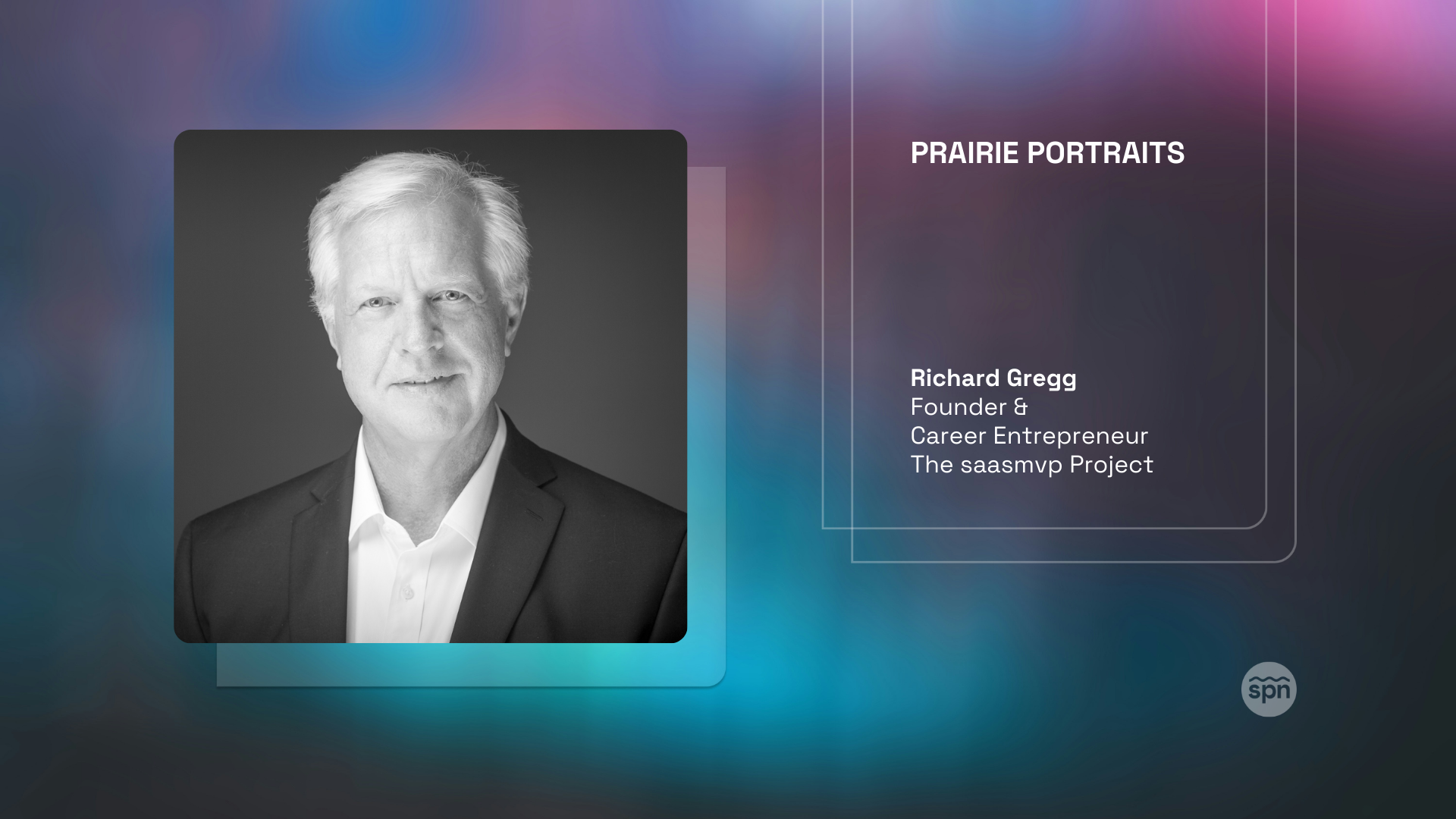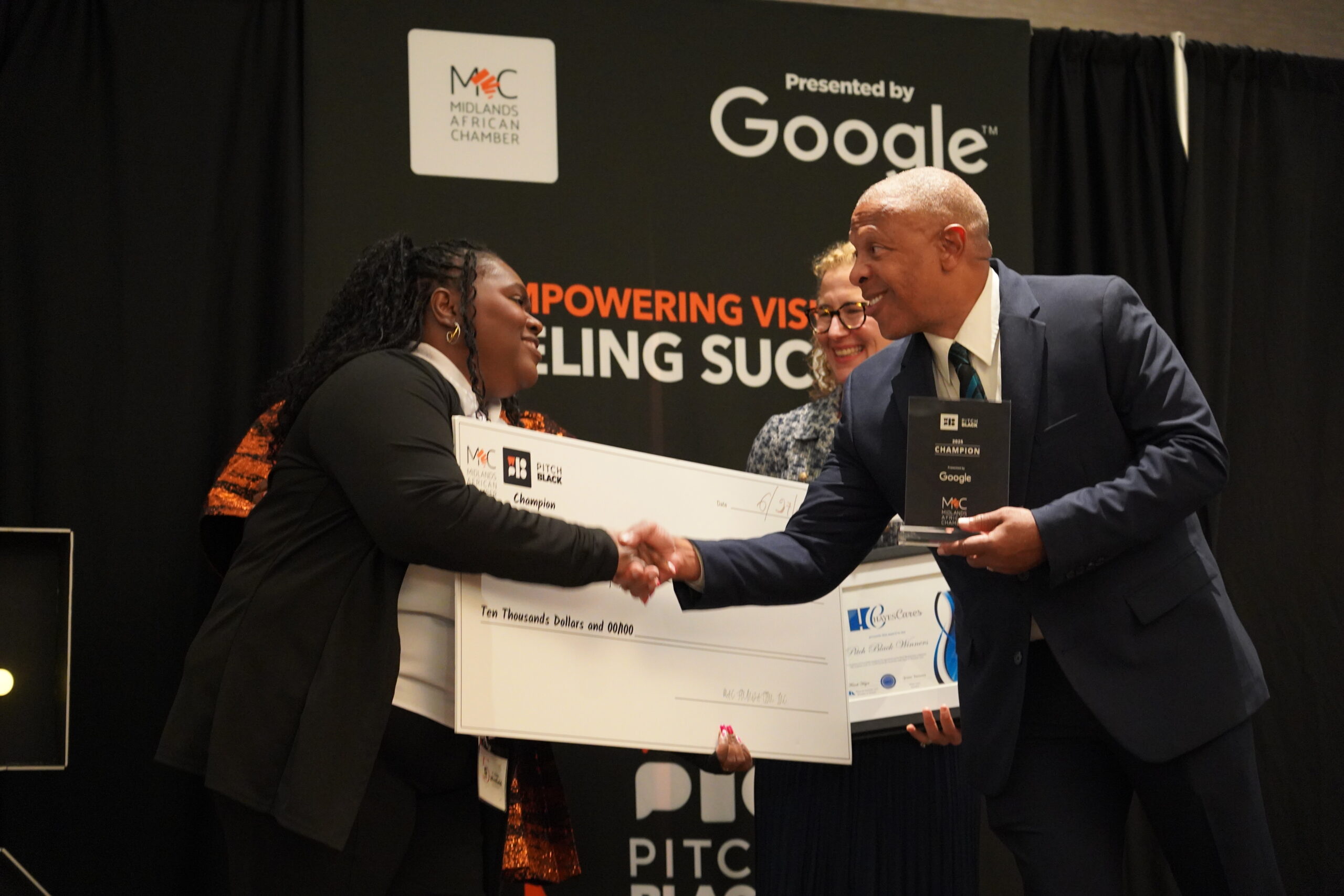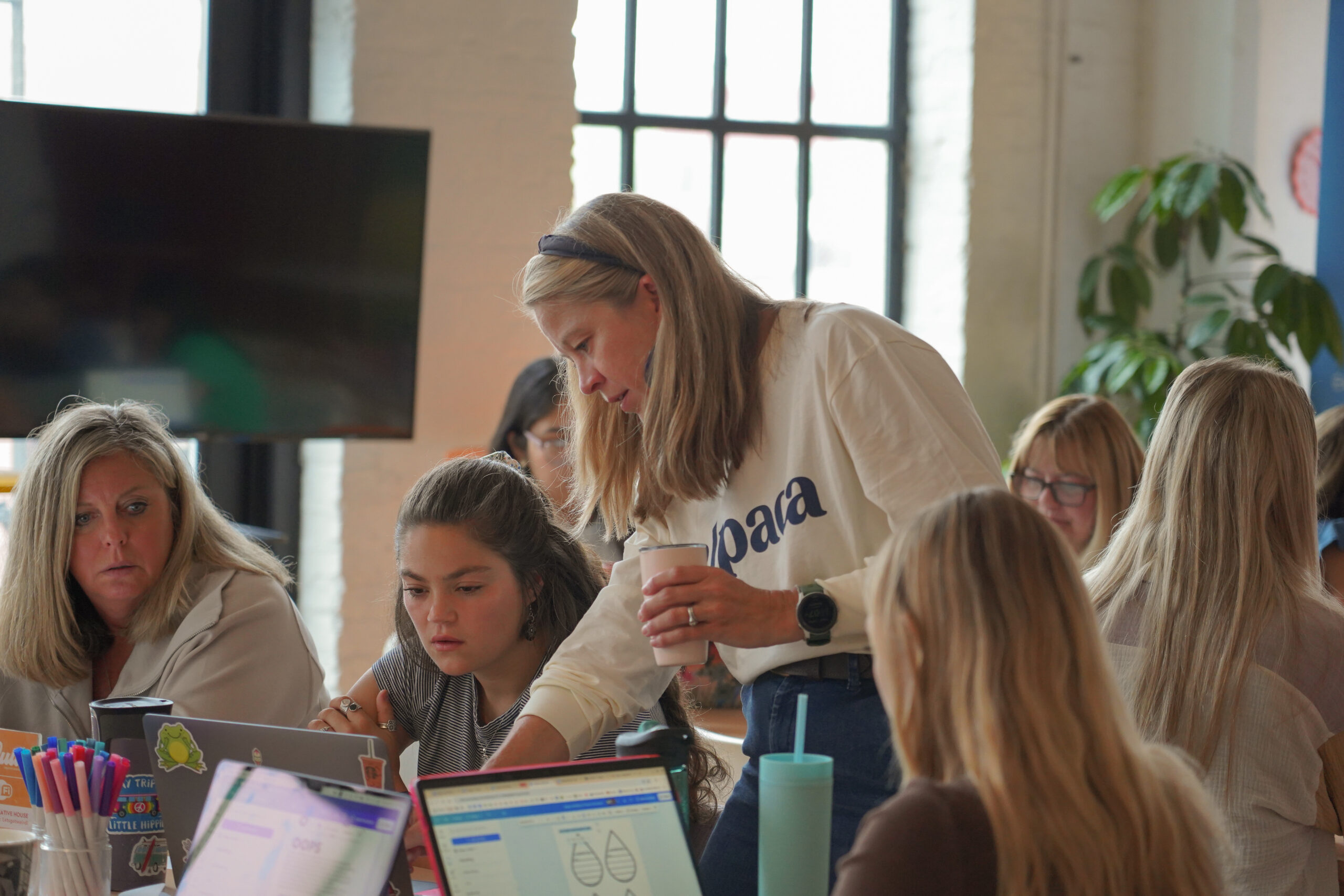Meet Richard Gregg, Career Entrepreneur & Founder @ The saasmvp Project
How would you describe the startup culture in Nebraska?
The culture in this state is incredibly risk-averse. If it doesn’t have to deal with bricks and mortar and real estate and small business, it has a hard time getting any kind of investment here—unlike other areas of the country where there are quite a bit more resources.
The more conservative and risk-averse the area, the less likely someone is to put money into a startup. Having been on both sides—I’ve sat as an investor and an entrepreneur and have raised money myself—investors here tend to be more skeptical.
While it doesn’t feel like most investors have increased their appetite for risk over the past four and a half decades, there are programs now that we didn’t have before. There are ways to go meet people that we didn’t have. There are things that have improved, but there is still a long way to go here. And it really has to do with the basic Nebraska cultural value of being conservative and not wanting to take a risk.
How do you balance taking risks and making calculated decisions in pursuit of innovation?
Startups do not have a repeatable business model. Small businesses do have a repeatable business model. That’s the main difference. So anytime you don’t have a repeatable business model, you have an incredible amount of risk.
The biggest way that you can reduce risk as a startup is to understand who your customer is first. You have to know what your customers’ jobs are, what your customers’ pains are and what your customers’ gains are.
You have to do your work with customer validation upfront before you get to a point where you’re even touching the tech. Human nature is: “Let’s get going. I know who that customer is. I have this problem. Everyone’s got to like it because I like it.”
It’s amazing because every time I’ve taken one of my concepts out of the building for its first live introduction to anyone, by the time I’m done with 30 days of the customer validation work, most of the time I’ve scrapped the project.
What happens when you don’t understand who your customer is? You’re never going to see another round of funding, and you’re never going to see any revenue.
How do you define success and what metrics do you pay the most attention to?
Whether or not a startup has a customer and they’re paying that startup money for the problem they’re solving. That’s the ground truth: Is somebody going to pay you for what you’re doing? If not, it’s just “cool” and you have a bunch of “cool” features. But who cares?
You’ve seen all the noise that’s out there. You’ve looked at a lot of stuff and you’ve gone, “I don’t know why I would use that.” It happens a lot. It happens each and every day.
After two exits as an entrepreneur, I’ve spent almost seven years on my newest venture working through dozens of business models and scrapping them all because I didn’t feel like I had a true customer. That was until now with The saasmvp Project.
What are the top one or two challenges / opportunities Nebraska startups face?
I think the whole culture around failure is more of an issue here in the Midwest than on the coast. One of the elephants in the room here is people not wanting to recognize that this risk-averse culture actually exists.
Successful founders have moved out of state, which is too bad because we need more mentors in the ecosystem to teach others. One of the challenges here is not only are we not retaining our entrepreneurs as mentors when they cash out, but the ecosystem itself doesn’t proactively embrace the older entrepreneur.
There’s a missed opportunity for ecosystem builders to leverage the sage wisdom of those who have gone before them. So much of the institutional knowledge has left the state. Every generation they leave the state because there are better lifestyles outside of Nebraska.
What I really am trying to do here is make a difference with the struggling startup entrepreneur.
They need a break. They need to be able to bridge that gap. These startup entrepreneurs that I’m working with right now have such strong desires. They’re such great people, and their intentions are so genuine. They just want to participate in the increasingly elusive “American Dream”.
They need a shot—an opportunity—to bridge the gap. They need to know how to get there, so they don’t make mistakes like we all do.
What is one emerging industry or technology that you believe will have a significant impact on the Nebraska startup ecosystem in the next few years?
There are two things: I think micro SaaS that will allow the individual entrepreneur to bootstrap a repeatable SaaS business model and generate revenue without the need for investment is really an incredible opportunity. It leverages the resources that the state ecosystem provides.
Secondly, I think there is promise in agtech, but every Midwestern state is competing with Nebraska. Again, it’s going to get down to which one of those states will take more risks than the other. So there has to be a race to the top, and it has to be based on cultural risk and finding a customer that will pay you money.




